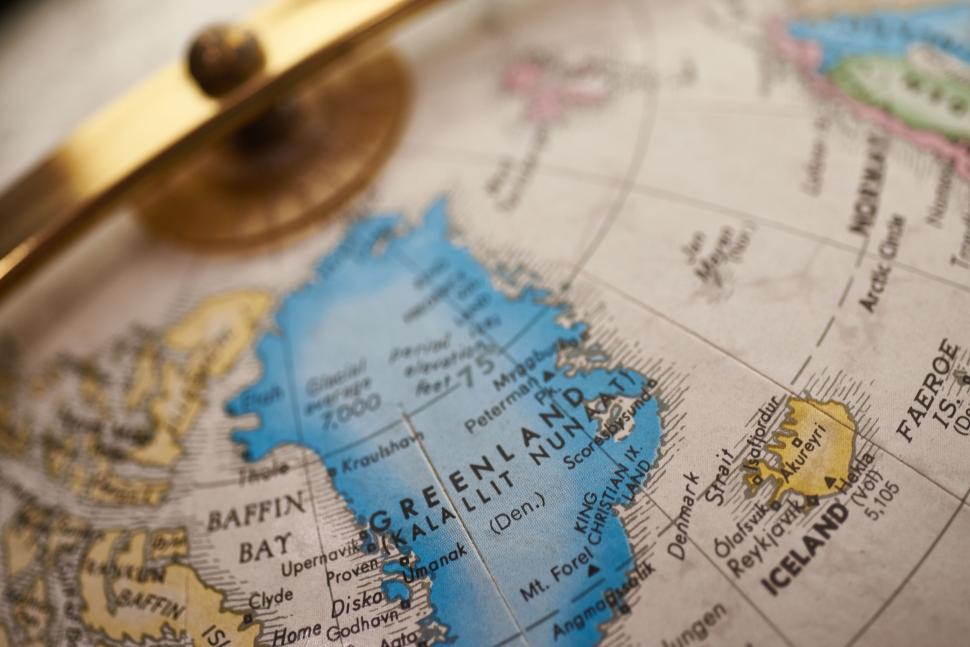This week in Australian foreign affairs: attribution of malicious cyber activity to Russia, DFAT officials speak with their Chinese counterparts about the Pacific, and the 13th meeting of the India-Australia Joint Working Group on Counter-Terrorism.
On 10 May, Minister for Foreign Affairs Marise Payne, alongside Minister for Defence Peter Dutton and Minister for Home Affairs Karen Andrews, attributed “malicious cyber activity against European networks” to Russia. The Ministers join the United Kingdom and European Union in the attribution to Russia of deploying wiper malware on Ukrainian government and private sector networks, compromising Ukrainian civilian entities, and launching cyber attacks against commercial satellite communications networks to disrupt Ukrainian command and control during the invasion. They stated that “[t]hese unacceptable activities are further examples of Moscow’s indiscriminate approach to cyber operations and blatant disregard for the effects of such operations on the public, including through the commercial sector.” They further noted that “Australia is committed to imposing costs on state-based or state-sponsored malicious actors who seek to undermine an open, free, safe and secure cyberspace.”
Australian officials from the Department of Foreign Affairs and Trade (DFAT) held virtual bilateral talks about the Pacific with their Chinese counterparts on 6 May. The DFAT officials raised “serious concerns about the Solomon Islands-China security agreement, the lack of transparency and its implications for continuing regional security and stability.” They further “emphasised that Australia is a Pacific nation with deep, longstanding connections with our Pacific family across all arms of government and right across our society.” Both sides also discussed climate change, COVID-19 recovery, fisheries and maritime issues, and infrastructure development in the Pacific region.
On 4 May, the 13th meeting of the India-Australia Joint Working Group on Counter-Terrorism was held in person. Mahaveer Singhvi, Joint Secretary for Counter-Terrorism at the Ministry of External Affairs of India and Roger Noble, Ambassador for Counter-Terrorism at DFAT, led their respective delegations. India and Australia both “strongly condemned terrorism in all its forms and manifestations and emphasised the need for strengthening international cooperation to combat terrorism in a comprehensive and sustained manner.” They reaffirmed their commitment to “work closely together to respond to these challenges and discussed ways to deepen engagement between their respective counterpart agencies to further advance interaction, cooperation and information sharing in the sphere of counter-terrorism.”
Isabella Keith is a weekly columnist for Australian Outlook. She is also an undergraduate student at the Australian National University studying Law and Politics, Philosophy and Economics. Isabella’s research interests include international law and comparative constitutional law.
This article is published under a Creative Commons License and may be republished with attribution.




